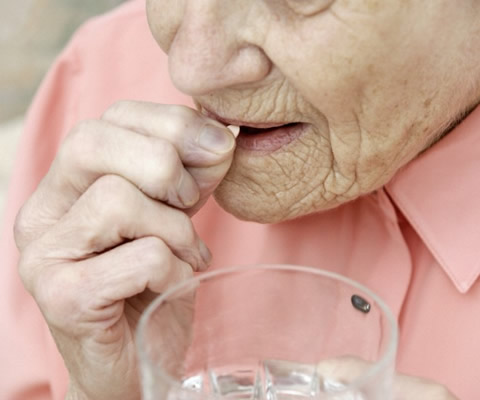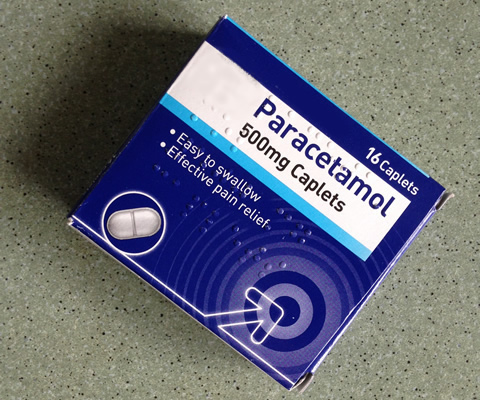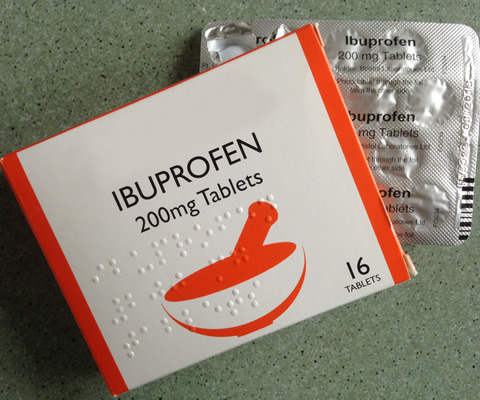Medications and Older Adults course



This session describes the physiological changes that occur with ageing and the effects these changes have on the handling of analgesic medicines.
Learning Objectives
By the end of this session you will be able to:
- Describe the physiological changes of ageing that alter drug handling
- Outline the effect of physiological changes on the handling of paracetamol and NSAIDs in older people
- Explain the clinical relevance of pharmacological differences between different opioids in older people
- Describe the considerations when choosing pharmacological treatments for neuropathic pain in older people
- Identify topical treatments for pain that may be effective for older people
Pain is a common symptom for many older people, who often have other conditions or illnesses and take multiple medicines. Safe prescribing of analgesics in older people is complex due to changes in how the body handles medicines, other medical conditions, polypharmacy and variability in response.
Roger completed his pre-registration training in the pharmaceutical industry and hospital pharmacy. He originally came to Nottingham to study for a doctorate in opioid pharmacology where his interest in pain management began.
For nearly ten years, Roger’s main role was to provide a clinical pharmacy service to the Anaesthetics directorate and to contribute to clinical activity of the multidisciplinary Pain Management Service. In September 2011, he was appointed to a new clinical academic position that provides teaching and research opportunities whilst maintaining regular clinical practice.
Roger is chair of the United Kingdom Clinical Pharmacy Association Pain Management Group. He was co-opted to the Council of The British Pain Society for several years before becoming and elected Council Member in 2011. He represents the Royal Pharmaceutical Society on pain management issues in both online and traditional media, including BBC Regional Radio regular comment.
Roger is a module editor and author for the ePAIN project.


- Anaesthesia | General ICU Care | An alternative ap...
- Posted By eIntegrity Healthcare e-Learning
- Posted Date: 2024-12-30
- Location:Online
- This session contains a link to the BJA Education article followed by a series of self assessment multiple choice questions.<br><br>The article will open in a new window or tab depending on your browser.<br><br> CPD credits are awarded by the RCoA for the
- Anaesthesia | General ICU Care | ABG interpretatio...
- Posted By eIntegrity Healthcare e-Learning
- Posted Date: 2024-12-30
- Location:Online
- This session covers the interpretation of arterial blood gases and describes common types and causes of metabolic acid-base disturbance.
- Anaesthesia | General ICU Care | ABG interpretatio...
- Posted By eIntegrity Healthcare e-Learning
- Posted Date: 2024-12-30
- Location:Online
- This session gives a brief overview of normal physiological mechanisms regulating body pH, followed by case studies with a particular focus on abnormalities pertaining to the respiratory system.
- Anaesthesia | General ICU Care | Haematological in...
- Posted By eIntegrity Healthcare e-Learning
- Posted Date: 2024-12-30
- Location:Online
- This session describes the haematological investigations commonly used when assessing and managing critically-ill patients.
- Anaesthesia | General ICU Care | Common electrolyt...
- Posted By eIntegrity Healthcare e-Learning
- Posted Date: 2024-12-30
- Location:Online
- This session will discuss the management of critically-ill patients with abnormalities in serum potassium (K+), magnesium (Mg2+) and phosphate (PO42-).







